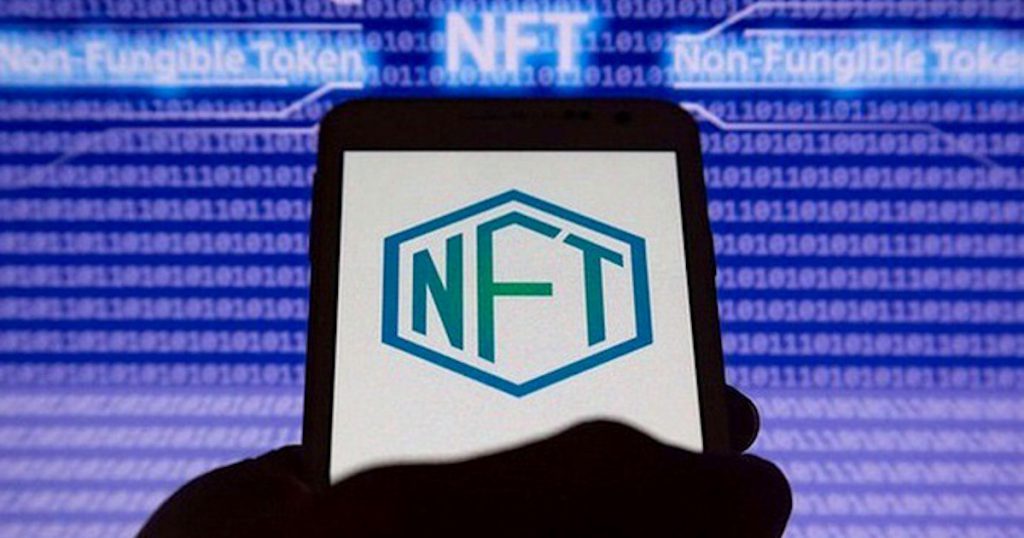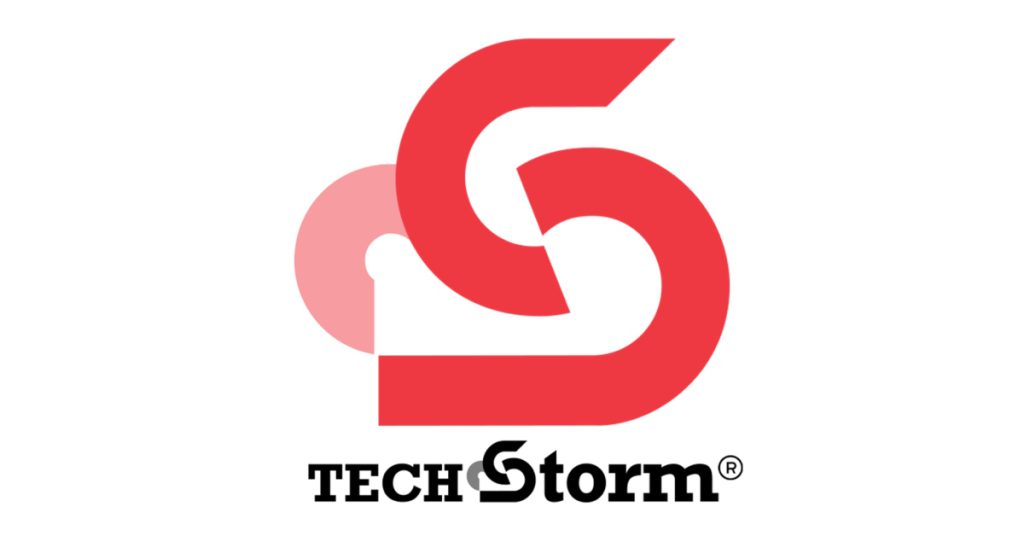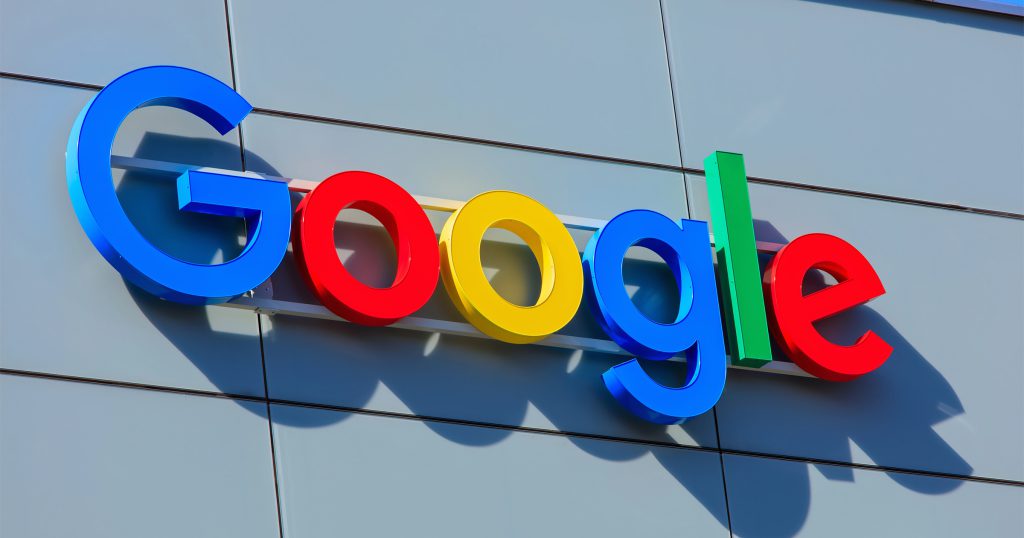In our continuation of this two-part series, we discuss the legal implications for creators (or sellers) and buyers of non-fungible tokens (NFT) in Malaysia.
To paraphrase a famous line from Star Trek, NFT innovation is going boldly where no one has gone before. It is not just popular for digital art and in-game assets — virtually any asset type can be converted into NFT, from concert tickets to hotel suites, domain names to health records. Entire ‘metaverses’ are being created.
It is important to tread carefully because your rights are not as they seem, and you may find yourself with no remedies in law when things go wrong.
Disclaimer: This is our opinion for general information purpose. Please do not rely on it as legal advice.
1. NFTs cannot be used to raise funds
Based on the Guidelines on Digital Assets issued by the Securities Commission of Malaysia in 2020, the issuance of digital tokens by companies with the intent to raise funds is a regulated activity.
NFTs that are used for fundraising will have to go through recognised market operators such as Initial Exchange Offering (IEO) platforms. The issuer has to meet certain eligibility requirements under the Guidelines, and the sale of NFTs must take place only at the IEO platform and no other venue.
As for NFTs that are not used for fundraising, there are open questions: Can they be promoted to local Malaysians like a public token sale? Can they be priced in non-approved digital currencies and be resold to secondary buyers? And since the Guidelines are for companies only, can individuals start an NFT fundraiser ala GoFundMe?
2. You don’t own the intellectual property
One must distinguish between ownership of the NFT and ownership of the underlying intellectual property (IP).
The NFT buyer owns nothing more than a unique hash on the blockchain with a transactional record and a hyperlink to the file of the artwork. It is merely a tool to represent the artwork.
Essentially, the purchase of an NFT only grants ownership to the buyer, but not the IP rights of the creator. The buyer also does not have a proprietary right to other copies or versions of the artwork created out there.
Therefore, the buyer has to ask – What good is the artwork without its IP? What is an NFT intrinsically worth to the buyer without the IP?
When you buy a Van Gogh, you physically possess it, can Instagram it, charge for selfies, and loan it for display at the Musée d’Orsay in Paris. But when you buy an NFT created by XYZ Labs, you cannot do all these things.
A bit of logic helps too: The NFT is made up of a few lines of computing code. It cannot be reasonably expected to constitute a full-fledged contract that assigns IP.
3. You might be breaking the law
When you buy an NFT, you will be given the right to trade, sell, or give away the NFT that you own but you will not be given the right to reproduce, distribute, communicate and/or show the artwork which the NFT represents.
You cannot do the above at will and may need to obtain permission first. You may even be prohibited from showcasing the NFT should the original creator or new owner of the underlying IP subsequently change their minds.
Bottomline: If you infringe on the IP rights of the NFT you bought, you can be sued and made liable for damages.
4. Disputes could devalue the NFT
There can be further complications if the content of the NFT itself is disputed.
This can be best exemplified if Alice creates an artwork that contains the trademark or copyright of Bob. The unsuspecting NFT buyer could face action from Bob, with material impact on the NFT value.
In some cases, the creator of the NFT may not be the sole content author as there may be multiple co-authors, and not all of them agreed to the NFT creation. To make matters worse, some contents carry separate rights for re-use, modification, distribution, marketing and so forth.
If you don’t do your own research (DYOR) and disputes arise, it will be akin to purchasing a stock at RM10 which plummets to RM0.10 after its financial year end audit.
5. DYOR is easier said than done
Nobody talks about how hard it is to do actual due diligence before an NFT purchase!
NFT is a useful digital certificate, but an imperfect one. The buyer relies on ‘a single chain of truth’ (like Ethereum), but nothing prevents the creator from NFT-ing the same work on another blockchain.
Sometimes, there is a bug on the NFT that lets anyone mint duplicates for free. Or the NFT is not one-of-a-kind as the same artwork is minted by multiple creators. Unbeknown to the buyer, the creator could bait-and-switch NFTs at the last minute. There are so many counterfeits that NFT verification is now a service on Twitter.
Nonetheless, for now, the NFT is all we have as proof-of-purchase. There is no asset registry for NFTs in Malaysia, unlike shares or properties. The creator cannot simply prove ownership and the buyer cannot search for title via legally recognised means.
Adding to the burden, the NFT transaction may come within purview of different agencies. Securities and IP rights are different creatures in law.
Digital assets are regulated by the Securities Commission; IP rights are administered by the Intellectual Property Corporation of Malaysia (MyIPO) under the Ministry of Domestic Trade and Consumer Affairs; the dealing of digital currencies may involve the central bank (Bank Negara AML-CFT Sector 6).
All the above would sound strange to the current NFT market – which is still rather trader-centric and speculation-driven to move commoditised art. Most won’t bother with the legal nitty gritty, but due to its rapid growth, the market will be forced to mature before long.
In the meantime, our duty as lawyers is to lay out the risks even as it humbles us to imagine all the possibilities of NFT, to infinity and beyond. #NotLegalAdvice.
This article is jointly written by Ed Yong, Gan Ming Chiek and Yeow Jie Han.
Ed Yong is the co-founder of Celebrus Advisory and part of the Digital Technology Expert Network by Malaysia Digital Economy Corporation (MDEC).
Gan Ming Chiek and Yeow Jie Han are partners of Gan, Lee & Tan (GLT Law), an award-winning law firm in Malaysia.













